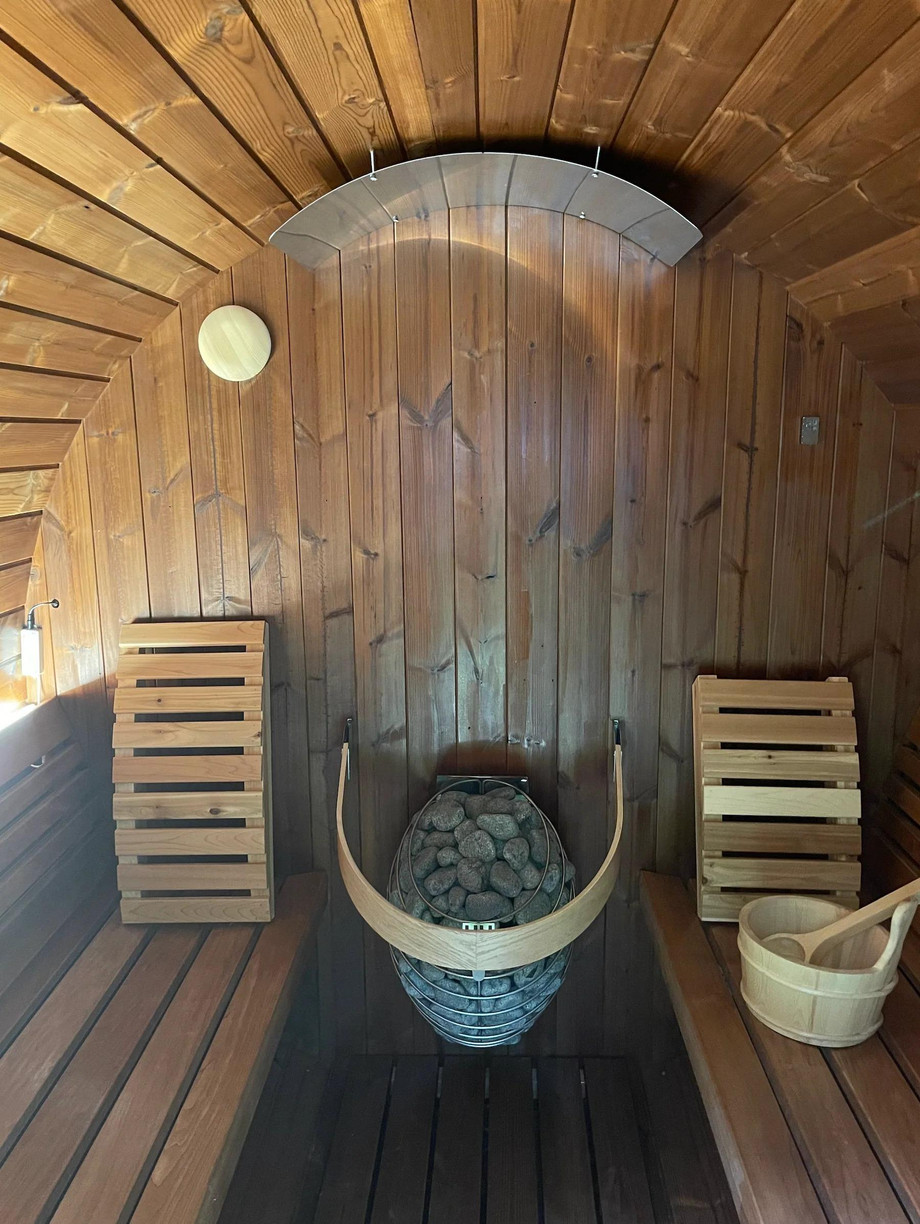The Importance of a Heat Reflector Shield for Efficient Thermal Protection
A heat reflector shield plays a crucial role in protecting surfaces and materials from excessive heat exposure. Whether used in industrial applications, automotive systems, or home insulation, these shields effectively reduce heat transfer, enhancing safety and energy efficiency. The concept behind their function lies in their ability to reflect radiant heat, preventing it from being absorbed by underlying surfaces.
In industries where high temperatures are common, such as manufacturing and metal processing, using a heat reflector shield helps maintain stable operating conditions. It prevents excessive heat buildup in machinery, reducing the risk of overheating and prolonging the lifespan of equipment. Similarly, in automotive applications, these shields are strategically placed near exhaust systems and engines to prevent heat damage to sensitive components. This ensures better vehicle performance and reduces maintenance costs over time.
Homeowners can also benefit from heat reflector, particularly in roofing and insulation. By reflecting solar radiation away from buildings, they help regulate indoor temperatures, reducing the need for excessive air conditioning. This results in lower energy consumption and cost savings on electricity bills. Additionally, they provide protection to structural components by preventing heat-related degradation.
Another common application of heat reflector shields is in camping and outdoor survival gear. They are often used in emergency blankets, cooking setups, and tent insulation to retain or divert heat as needed. Their lightweight yet highly effective design makes them a valuable addition to outdoor equipment, ensuring comfort and safety in varying weather conditions.
The materials used in manufacturing heat reflectors vary depending on the intended application. Aluminum and other reflective metals are commonly used due to their excellent heat resistance and durability. Advanced coatings and multilayered constructions enhance their effectiveness by optimizing heat reflection while maintaining flexibility and ease of installation.
With the growing emphasis on energy efficiency and heat management across industries, the demand for high-quality heat reflector solutions continues to rise. Whether for personal, industrial, or commercial use, these shields provide a simple yet effective way to control heat exposure, enhance safety, and improve overall performance.
For More Info:-

Comments
Post a Comment